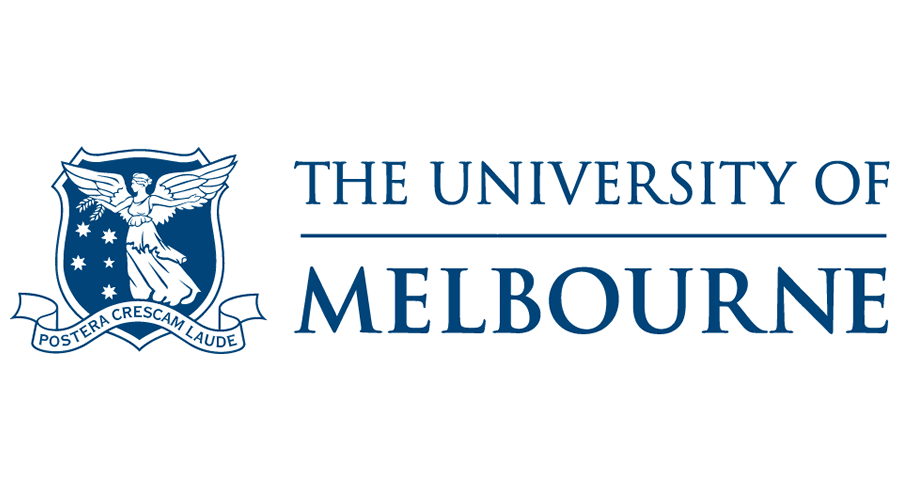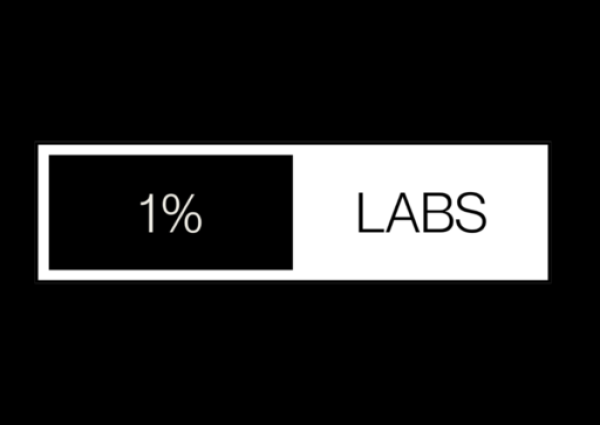Student Offer (Limited Time)
$79.95 AUD
✅ Lifetime Access
✅ All Future Updates
✅ First Access to Community
Get in now and be part of the NeuroStudyLabs 1% — the students who decided to stop winging it and start winning with strategy.
You open your textbook. You highlight a few lines.
Five minutes later, you’re on your phone, thinking about dinner, or wondering what’s on Netflix.
If you’ve ever asked yourself, “Why can’t I concentrate when I study?”, you’re not alone. Concentration is a skill — and most students are never taught how to train it.
Here are the seven most common reasons you can’t concentrate while studying — and simple, science-backed fixes for each.
Most students think distractions just waste a few minutes.
In reality, every time you get distracted, you lose far more than you realise.
When you switch your attention — from your notes to your phone, from your assignment to a message — your brain experiences attention residue. That means part of your mind stays stuck on the previous task, even after you “get back” to studying.
The hidden costs:
Time drain – Research shows it can take up to 23 minutes to fully regain focus after a single interruption.
Lower retention – When your brain is split, it struggles to move information from short-term to long-term memory.
Reduced quality – Multitasking and interruptions increase errors and reduce the depth of understanding.
Mental fatigue – Constantly refocusing burns more cognitive energy, leaving you feeling tired much sooner.
In short:
A “quick check” of your phone doesn’t just cost you 30 seconds — it can cost you the entire flow of your study session.
What to do instead:
- Put your phone out of reach and on silent during study blocks
- Use app blockers or website limiters for your most tempting distractions
- Build in planned break times so your brain gets rest without constant interruptions
- If you protect your attention, your productivity and memory will skyrocket — without increasing your total study time.
Every ping, vibration, or notification triggers a dopamine spike — which makes your brain crave more quick rewards. Studying feels slow by comparison.
How to fix it:
- Put your phone in another room
- Use app blockers (Freedom, Forest, or Cold Turkey)
- Start with short deep work sessions (25–45 mins) before taking breaks
“Study chemistry” or “revise history” is so broad your brain doesn’t know where to start — which leads to procrastination.
How to fix it:
- Define 1–3 specific goals for each session (e.g. “Complete 10 practice questions on acids and bases”)
- Use a structured planner like the NeuroStudy Deep Work + Active Recall Planner
- End every session with a recall test to lock in learning
Whether it’s switching between tabs, listening to lyrics-heavy music, or mentally checking your to-do list, multitasking kills focus. Your brain cannot process two attention-heavy tasks at once.
How to fix it:
- Close all irrelevant tabs and apps
- Full-screen your notes or study material
- Keep a “parking lot” list for random thoughts so you can deal with them later
Lack of sleep, dehydration, or skipping meals impacts your brain’s prefrontal cortex — the part responsible for focus and decision-making.
How to fix it:
- Get 7–9 hours of sleep
- Eat a balanced meal or snack before studying (include protein + complex carbs)
- Drink water regularly throughout your session
Trying to cram too much into one session leads to cognitive fatigue — making concentration harder with every passing minute.
How to fix it:
- Break study into chunks (25–50 minutes each)
- Take a 5–10 minute movement break between blocks
- Rotate between subjects to keep your brain engaged
If you only study when you “feel like it,” your focus muscle stays weak. Like fitness, you need consistent practice to build stamina.
How to fix it:
- Commit to daily short focus blocks, even on low-energy days
- Gradually increase session length over time
- Reward yourself after completing focus sessions
High stress triggers the amygdala — your brain’s “fight or flight” center — which makes it harder to focus on complex tasks like studying.
How to fix it:
- Start with 1–2 minutes of deep breathing before each session
- Use a quick reset tool like the 7-Minute Brain Reset
- Break big tasks into smaller, less intimidating steps
1. Is learning how to learn really a teachable skill
Yes absolutely. The most effective learners use intentional strategies not natural ability. These skills can be trained and improved like anything else.
2. Do these techniques work for all subjects
Yes. Whether it is law biology languages or engineering the principles of memory and learning apply universally.
3. How long does it take to see improvement
Many students notice improvements in focus and understanding within one to two weeks of applying these strategies consistently.
Concentration isn’t something you’re born with — it’s something you build. The key is to understand what’s sabotaging your focus and use targeted strategies to fix it.
At NeuroStudyLabs, we teach high school and university students how to master focus, retention, and motivation using neuroscience-backed methods — so they can achieve better results in less time.
1. Is it possible to improve my focus quickly?
Yes — you can see improvements in just a week by reducing distractions, improving sleep, and using deep work techniques.
2. Can listening to music help me concentrate?
It depends. Instrumental or ambient music can help some students, but lyrics often interfere with processing complex information.
3. How long should I be able to focus without a break?
Most people work best in 25–50 minute intervals before needing a short rest. Over time, you can build longer focus stamina.




✅ Lifetime Access
✅ All Future Updates
✅ First Access to Community
Get in now and be part of the NeuroStudyLabs 1% — the students who decided to stop winging it and start winning with strategy.
NeuroStudyLabs is a neuroscience-backed study skills program designed for high school and university students. It teaches you how to learn smarter, stay focused, retain more, and perform better — using proven techniques from cognitive science and psychology.
Students who want to study smarter, not harder — especially:
Year 10–12 students preparing for exams
University students juggling heavy workloads
Burnt-out students who’ve tried everything
High achievers looking to stay ahead
Whether you’re struggling to stay focused or aiming for top scores, this course gives you the tools to get there.
No — this isn’t about generic advice.
NeuroStudy Labs is a complete system based on how your brain actually works. You’ll learn how to apply techniques like:
Active recall
Spaced repetition
Deep work focus
Learning identity & mindset building
And you’ll get planning tools, templates, and weekly systems to make it stick.
You get lifetime access to:
7 detailed, video-based modules
50+ lessons with engaging transcripts & visuals
NeuroStudy Planner
Reflection prompts, mini-exercises, and toolkits
An entire brain-based study system you can follow forever
The full course is designed to be completed slowsly over 2-4 weeks, but it’s self-paced — you can move faster or slower depending on your schedule. Many students start seeing results within the first week of applying the system.
It’s grounded in neuroscience, not guesswork.
This is not about cramming more in — it’s about changing how you study, how you think, and how you feel about learning. It’s transformation, not just information.
Yes. If you complete the course and don’t see any improvement in your focus, motivation, or results, we’ll give you a full refund within 30 days — no stress, no pressure.
Perfect — NeuroStudy Labs helps high achievers unlock even more potential. You’ll learn how to study more efficiently, reduce stress, and gain a competitive edge that lasts through university and beyond.
